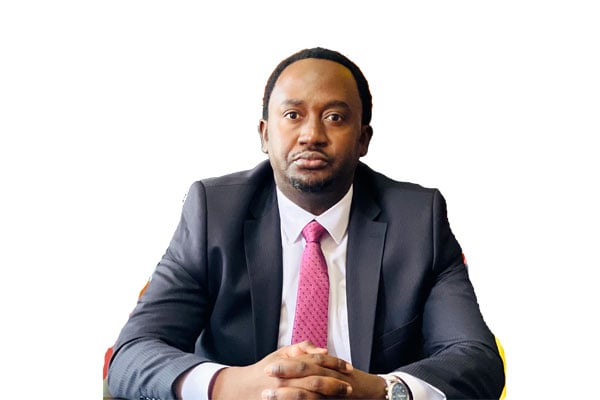Prime
The necessity of teaching civic and moral education

Author, Mesharch Katusiimeh. PHOTO/FILE
What you need to know:
- We need our learners to develop the ability to identify changes that occur in the environment and identify events happening in our society and elsewhere in the world.
Uganda is basically in a state of moral decline. Actions by Ugandans showing lack of patriotism time after time is a big concern. Corruption has become a norm and even learnt from schools at a young age. Parents are worried about vices like homosexuality, indecent dressing, drug abuse, exam cheating etc.
Hardly a day goes by without acts of homosexuality being circulated on social media. Yet, civic and moral education continue to slide further and further out of focus.
What role can school play in the civic and moral development of learners? Education has long been considered as a tool for developing desirable attitudes and altering antisocial behavior. What children learn when they are young dictate who they will become when they are adults.
As the scripture teaches, `Train up a child in the way he should go: and when he is old, he will not depart from it ‘ Prov. 22:6.
Our politics is in a mess because we have neglected teaching it. The patriotism of our young adults is so questionable. Youth have no clue what is happening. They see no importance in following current events and politics because it is not emphasized in school at a young age. Statistics indicate that corruption is more rampant among people aged 25-35.
It is a major worry to Uganda’s development yet they are not guided on how to fight corruption. The most saddening aspect of this behavior is that people think it is normal. It has become a standard against which other peers compare themselves.
I have spent over two months experiencing and learning the Tanzania university and primary education system. I am grateful to the Inter University Council of East Africa, University of Dar es salaam , Mkwawa University College of Education (MUCE) and Kabale University for their sponsorship.
In Tanzania, Civic and Moral Education is taught right away from primary to secondary school. It is compulsory and examinable.
At primary school it is called Civic and Moral Education. At the Ordinary level it is taught as Civics. At the Advanced level it is called General Studies. At university, students pursuing Bachelor of Arts in Education with political education as a subject are taught all courses of a Political Science major.
Moral education is intended to provide learners with guidance on morality and values. It is also intended to ensure their development as responsible citizens.
The teaching of civics is intended to empower learners to be well-informed and active citizens.
In Uganda, civics/political education and moral education have never been given the attention they deserve. For instance, in primary school, the subject of Literacy at lower levels and Social Studies at upper primary give ‘lip service’ to civics and moral education. Political education is combined with history in the revised syllabus at Ordinary Level.
This extends to university especially with students pursuing BA Education majoring in History. The teaching of Political Science as part of the BA academic program has indirectly been discouraged. Very few students, if any, are sponsored by the government to pursue a degree in Political Science. The government loan scheme doesn’t consider students who apply to pursue political science or other related subjects.
Government has tried to teach patriotism by encouraging higher institutions of learning to form patriotism clubs. Once in a while the Commissioner for Patriotism visits universities as and when he is invited to train participants for a few days.
This normally ends with the launch of patriotism clubs. Not much is heard about these patriotism clubs after the launch. The political education at the National Leadership Institute at Kyankwanzi for the various groups in society has a similar set up.
However, the impact has not been realized as unpatriotic acts and moral decadence of Ugandans are on the rise including many of those that have undergone such training.
I would like to propose that just like in Tanzania, civic and moral education be streamlined in Ugandan education institutions starting with primary school up to university. C.S Lewis famously said “Education without values, as useful as it is, seems rather to make man a more clever devil.”
Topics such as obeying laws and regulations, patriotism, ethics and anti-corruption, environmental conservation, building relationships, maintaining peace, integrity, patience, achieving goals must be emphasized every now and then starting from primary school level.
We need our learners to develop the ability to identify changes that occur in the environment and identify events happening in our society and elsewhere in the world.
Learners should also be made to interpret, value and cherish our national identity, the Constitution, as well as the structure and operation of the government.
They should be made to recognize their duties, as well as respect and defend human rights and the rule of law; participate in leadership activities, as well as in activities relating to the defense and security of the nation.
Lastly, learners should be made to recognize the differences in people’s ideologies and backgrounds, and tolerate the differences.
Dr Mesharch Katusiimeh works as Associate Professor & Dean Faculty of Arts and Social Sciences, Kabale University.




